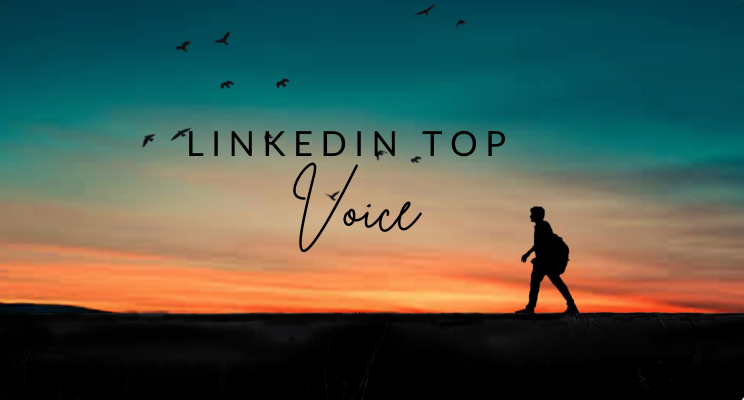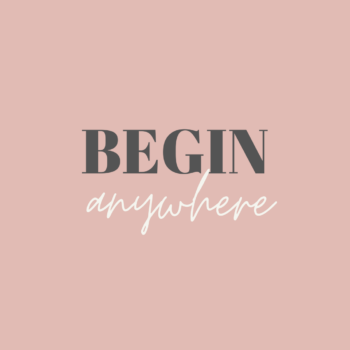5 things to keep in mind while choosing a mentor

Mentoring is a great way to create support for you while scaling in your career or business

“A mentor is someone who sees more talent and ability within you, than you see in yourself, and helps bring it out of you.”
– Bob Proctor
Oprah Winfrey once said, “Surround yourself only with people who will lift you higher”.
When it comes to building a strong, successful business, brand, career or life, you need to have a mentor in order to push yourself to achieve all those big, hairy, audacious goals you set for yourself. No matter your industry or niche, finding a great mentor can really help leverage your experience to build your business and your personal brand. Good mentors inspire you, stretch you and open up your mind. They give you a safe place to experiment, ask questions and save you time by helping you find the pathway you need quickly. They give you the confidence and assurance you need to know that you’re going the right way. In fact, 87% of mentees found that they feel empowered by their mentoring relationship. Good mentors save us mistakes and open us up to their networks.
So how do we find the right mentor?
1) Know your goals. Be clear about what you’re trying to achieve in the next 12 months. 90 days is too short for a strong mentor relationship and five years is too long. Focus on what you want by the end of the year.
2) Look for a person who has achieved your goal. Ask your friends, colleagues, Facebook mates, LinkedIn connections or even Google it or tweet it. Industry bodies can also be a good place to start.
3) Ask if they mentor people. Sometimes you may want someone to be your mentor but they may not be into mentoring at all. They might not have the time or bandwidth to do that. Reach out to them and ask them if they want to mentor you. Once you’ve found the right person, you may have to pay them for their time. This is an investment in your future. A coffee or buying lunch for them is not going to cut it always. Alternatively, you can offer to do something for them, like helping them on a project.
4) Be respectful of the value they bring. It has taken them years to work out what you want to learn in an hour. Listen to them, pay attention and then go in with the questions.
5) Rapport is key. Make sure you like and trust them. You may start the mentoring relationship but then find that your energies don’t match. Make sure you like and trust them before you begin this engagement. They don’t have to be your best friend, but you need to be comfortable enough to have open conversations. You can have different mentors, to guide you in different areas of expertise and different skill sets.
Every mentor-mentee journey is unique. A good mentor can help bring you out of your shell and help you get closer to the goal you are chasing.













